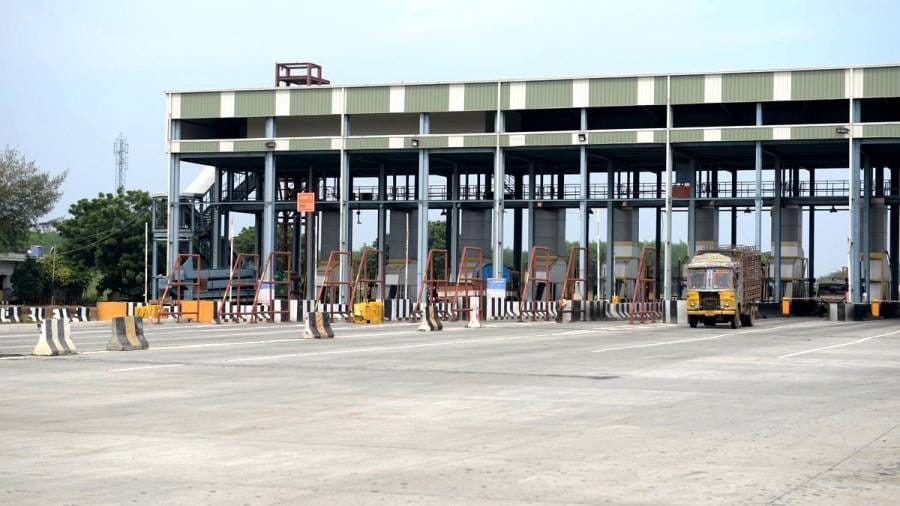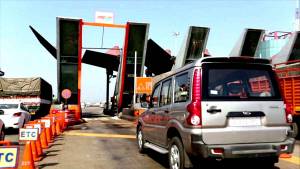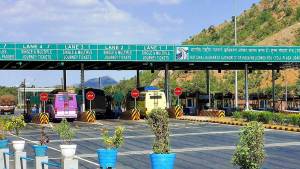HC requests NHAI replies to complaints against the collection of double toll from vehicles lacking FASTags.
On Friday, the Delhi High Court requested the National Highways Authorities of India (NHAI) and the Centre to respond to a complaint contesting the regulation requiring cars without FASTag to pay double the toll levy.

The petition argued that the rule was discriminatory, arbitrary, and against the public interest because it allows the NHAI to collect toll at a rate that is double if paid in cash. A bench consisting of Chief Justice Satish Chandra Sharma and Justice Subramonium Prasad issued notices to the NHAI and the Ministry of Road Transport and Highways (MoRTH).
The high court set a new hearing date of April 18 and gave the government four weeks to submit its responses.
Commuters without a FASTag on their vehicles are required to pay double the toll tax under a provision of the National Highway Fees (Determination of Rates and Collection) Amendment Rules, 2020 read with MoRTH letters and NHAI circular, according to petitioner Ravinder Tyagi, who attorney Praveen Agrawal represents.
A gadget called FASTag uses Radio Frequency Identification (RFID) technology to enable toll payments to be made directly from moving vehicles. The FASTag (RFID Tag) is attached to the vehicle's windscreen and allows users to pay tolls using the connected account.
The complaint claimed that these regulations and the circular convert all toll lanes to 100 percent. FASTag lanes, which results in commuters without a functioning. FASTag is required to pay two times as much in tolls. The petitioner, a lawyer, alleged that having to pay twice the toll in cash forced him to install a FASTag device in his car.
He claimed that he had paid toll taxes at a double rate before installing the FASTag. He made mention of the suffering of the passengers he witnessed on his trips from Delhi to Faridabad in Haryana. According to the argument, the petitioner had lodged a complaint to the NHAI and the government but was unsatisfied with their answer, so he went to the high court.
He requested a directive to the relevant authorities to prohibit the practice of collecting double toll tax, claiming it violated Articles 14 of the Constitution (equality before the law) and 19 of the Constitution (freedom of speech and expression).








